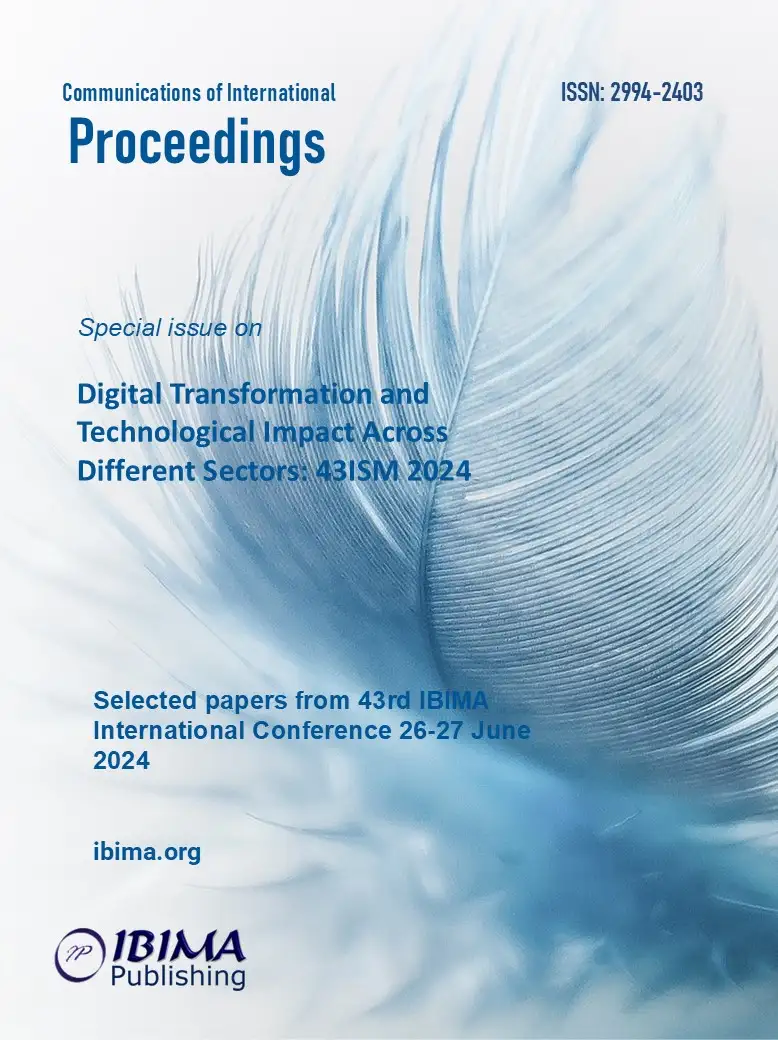
Agata SŁABOSZEWSKA
University of Szczecin, Szczecin, Poland

The reason for writing this article is the fact that the migration crisis that has been ongoing in Europe since 2015 is one of the greatest challenges that the European Union (EU) has faced since its establishment. It requires Member States to fulfill their obligation to ensure the security of the EU’s external and internal borders, while respecting common values, which include solidarity and human rights. The aim of the article is to analyze and evaluate the currently functioning migration policy, especially in the context of the use of EU IT systems in the face of the phenomenon of refusal of entry into the territory of the receiving country. This combination of two research areas fills a certain gap in the current literature on the subject. De lege lata comments and de lege ferenda demands will be presented, focusing primarily on criticism of the current system. The research used two research methods typical of legal sciences: the formal-dogmatic method and the comparative method. As a summary of the findings, it can be noted that investments are actually being made in new IT systems, the potential of which is still unused, and on the other hand, it is clear that basic human rights are not fully respected in the form of allowing applications for international protection. There is a need to reform migration management at the national level of Member States to be as consistent as possible with EU law and, in particular, its fundamental values.